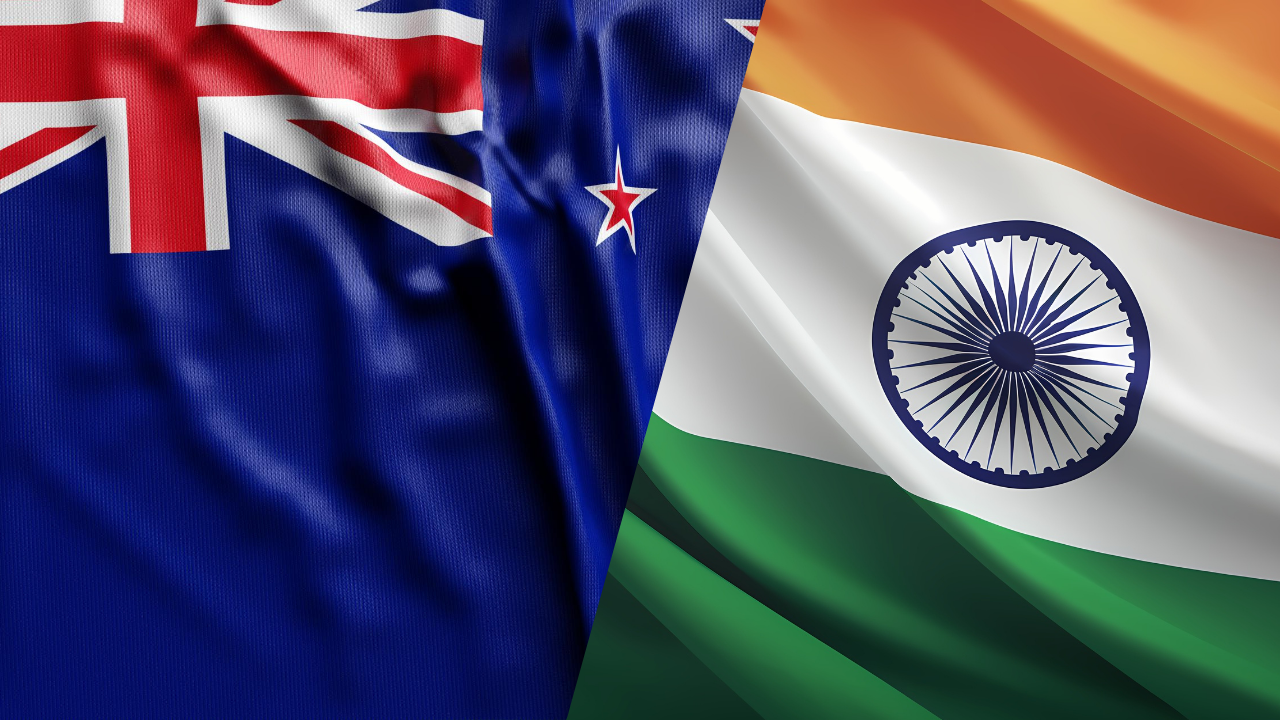India has always looked up to New Zealand as one of its favourite destinations to pursue higher studies. Still, the increase in the rate of rejection of student visas this year makes the promise questionable. By 2024, the challenges have worsened to a point where New Zealand universities and immigration departments had to squarely deal with them. This post explores the trends in the high rejection rates, the consequences of the trend on students, the efforts being made to reverse the trend, and why New Zealand continues to be a favorable destination for Indian students.
Rising Rejection Rates: : A Rising Threat
The statistics reveal that the rejection rates for student visas from India have been increasing at an alarming rate. Immigration New Zealand (INZ) reveals that this led to the rejection rate rise from 28% in 2022 to 40% in 2023. The rejection rate had reduced to 40% in the first four months of the year 2024 from the previous high of 49% yet it was still high compared to countries like China where the rejection rate stood at a paltry 2% during the same period. From the data obtained from Indian students alone, a total of 2010 applications were rejected between January and April of the year 2024, making it a cause of concern to all intending students and institutions.
Effects on students and universities
According to Chris Whelan, the chief executive of Universities New Zealand these high rejection rates entail a range of consequences. He pointed out that at the beginning of the semester, 9% of student visas were not assigned while an additional 1% were still a work in progress. This led to 18% of visas not being confirmed on time, thus increasing a lot of insecurity and delay amongst the students.
This meant a lack of certainty for students, and far too many students having their classes disrupted by late openings and, once they got to open, facing the double burden of familiarizing themselves with a new country while getting back on track with their schooling,” Whelan stressed. Such disruptions not only impact the academic achievements of the affected students but also the reputation of New Zealand as an educational hub.
Addressing the Challenge: Measures taken by University and Government
New Zealand universities are not relenting in efforts to counter this trend. The participation of Indian institutions has increased in attempts to ease the visa procedures and get more international students from India. For example, in July 2023, a third New Zealand university almost reached an agreement with the Bombay Stock Exchange Institute located in Mumbai. In addition, Education New Zealand in collaboration with the High Commission of India has identified India as country of focus, at the New Zealand International Education Conference, NZEIC KI TUA 2024. This recognition is aimed at enhancing cooperation and developing other fields of cooperation in the sphere of education.
Measures to Enhance Visa Processing
Several factors were attributed to the high rejection that include; inadequate evidence of funds for living expenses coupled with concerns over the genuineness of the intention to study. In response, INZ has embarked on new measures to streamline student visa processing and at the same time enhance the bona fide student regime. Currently 90 full-time workers are employed to process the student visas, and on average it takes about 31 working days or approximately six weeks to process the applications.
Why New Zealand Is Still Attractive Destination for Indian Students
Nevertheless, there are numerous advantages of New Zealand that makes the country an ideal place for the Indian students to study. It has first-rate universities which offer a wide range of programs, high academic quality, and research options. The country’s resolve towards enhancing the visa system and developing better relations with Indian students are a progressive move that the student has to look forward to.
It is therefore important for students and parents in New Zealand to keep abreast with the changes and take advantage of the available services provided by the universities as well as educational agents. It is necessary to explain that completeness and accuracy of all documents can increase the possibilities of visa application’s approval.
All in all, though 2024 has seen higher rejection rates, it cannot be dispute that educational institutions and immigration departments of New Zealand have been trying their best to deal with such problems. Thus, as improvements and linkages deepen, the future seems bright for Indian students intending to study in New Zealand.





